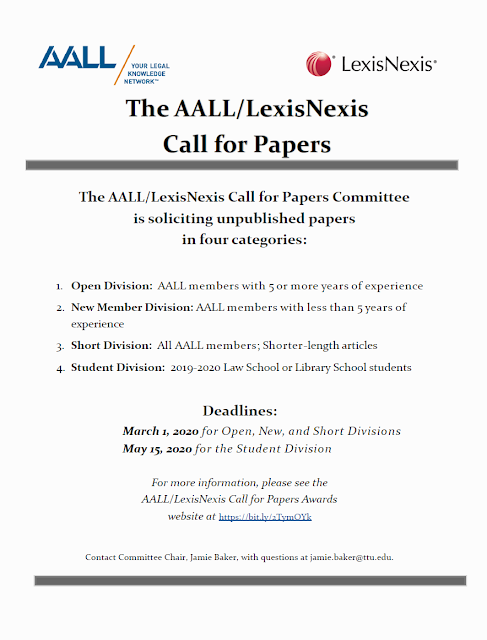Libraries, The Great Recession & Ebooks
Today is a wonderful day for public libraries nationwide. The Big Six in publishing -- HarperCollins, Penguin, Simon & Schuster, Random House, Hachette, and MacMillan -- have decided to let public libraries in on the ebook game. "[U]ntil very recently they’ve been mostly unwilling to sell e-books to libraries to lend, fearful that doing so would hurt their business, which is under considerable pressure."
It's a smart move on the part of the publishers because "e-book readership is rising much faster than readership of print books; digital books could soon be the most popular book format. Readership of [the New York Public Libraries'] e-books soared 168 percent from 2011 to 2012; print circulation, while much larger, remained constant."
While all of the publishers have decided to make their ebooks available to public libraries, the access will differ. "Five of the Big Six are making their entire e-book inventory available to [public libraries] to choose from, while Macmillan is offering only a limited selection. HarperCollins allows us to lend each e-book ... only 26 times per title; Penguin and Simon & Schuster offer one-year licenses; and Random House sells licenses without time limits but charges much more per license. (In all cases, an e-book can be borrowed by only one patron at a time.) Prices charged to libraries vary widely according to the kind of license agreement, and we hope they will be reduced as demand increases."
Although some say that the advent and instant popularity of ebooks means the death of the print book and libraries, statistics show that this is not the case (at least in the near future). "The Great Recession triggered a nationwide surge in library usage. Total circulation at the New York Public Library’s 87 neighborhood branches — in Manhattan, the Bronx and Staten Island — has risen 44 percent since 2008. Libraries remain essential repositories of books, periodicals and research collections, but they are also places to check e-mail and browse the Web... and to learn computer skills, seek jobs and get information about government benefits."
Although a library's mission may be changing, and the access to library information from the comfort of your own home is here, libraries are still important places for research and community development -- especially for those that cannot afford Internet access.
NYTimes -- E-Books, Libraries and Democracy
It's a smart move on the part of the publishers because "e-book readership is rising much faster than readership of print books; digital books could soon be the most popular book format. Readership of [the New York Public Libraries'] e-books soared 168 percent from 2011 to 2012; print circulation, while much larger, remained constant."
While all of the publishers have decided to make their ebooks available to public libraries, the access will differ. "Five of the Big Six are making their entire e-book inventory available to [public libraries] to choose from, while Macmillan is offering only a limited selection. HarperCollins allows us to lend each e-book ... only 26 times per title; Penguin and Simon & Schuster offer one-year licenses; and Random House sells licenses without time limits but charges much more per license. (In all cases, an e-book can be borrowed by only one patron at a time.) Prices charged to libraries vary widely according to the kind of license agreement, and we hope they will be reduced as demand increases."
Although some say that the advent and instant popularity of ebooks means the death of the print book and libraries, statistics show that this is not the case (at least in the near future). "The Great Recession triggered a nationwide surge in library usage. Total circulation at the New York Public Library’s 87 neighborhood branches — in Manhattan, the Bronx and Staten Island — has risen 44 percent since 2008. Libraries remain essential repositories of books, periodicals and research collections, but they are also places to check e-mail and browse the Web... and to learn computer skills, seek jobs and get information about government benefits."
Although a library's mission may be changing, and the access to library information from the comfort of your own home is here, libraries are still important places for research and community development -- especially for those that cannot afford Internet access.
NYTimes -- E-Books, Libraries and Democracy


Comments
Post a Comment